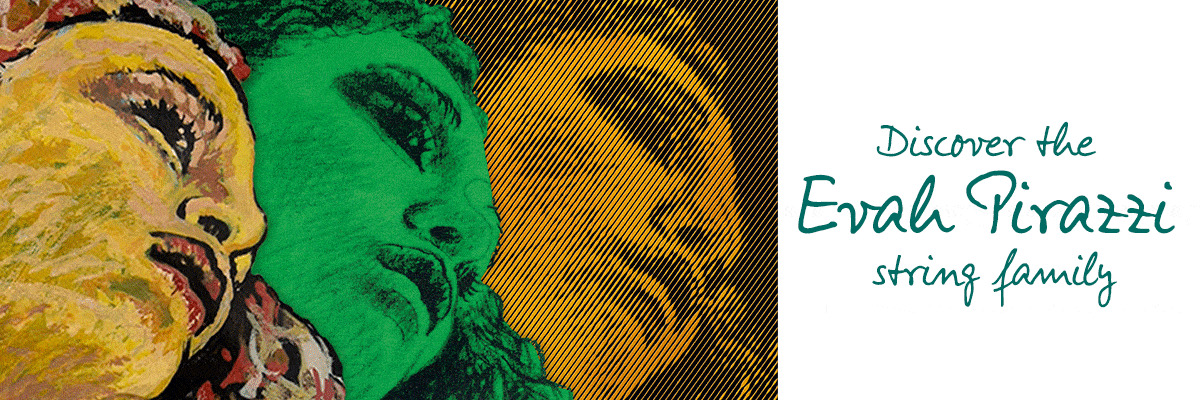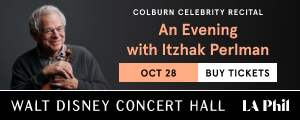Certification
hello! I would like to get certified as a violin teacher. I don't know any of the requisites, and I am a teenager, so I really don't even know if I could do it. I've been taking violin classes for about 13 years now, and I would love to teach! any idea of the steps I need to take?
Replies (13)
Great! and can I teach suzuki even if I'm not certified?
You can teach however you like...but you can't ethically call yourself a Suzuki teacher without proof (a certificate) I wouldn't think...
Have you talked to your teacher about taking this a step further?
You can see the SAA website for these details:
http://www.suzukiassociation.org/teachers/training/
To be a Suzuki teacher, you will need to:
1. Take the Every Child Can! (ECC) course, an introduction to the Suzuki Philosophy and Method (no audition or membership required).
2. Submit your teacher training video audition (there are two levels, the top one requires Mozart 4 or 5).
3. Join the SAA as an Active teacher member.
4. Take Unit training courses. Units 1, 2, and 3 must be taken in order. Unit training courses can be found at Summer Institutes and Workshops. Workshop training courses are generally one week long and take place in a variety of venues, including the Trainer’s home studio. Additionally, long-term training offers unit courses through a university degree program. Your training will be officially registered with the SAA by the Institute, workshop, or trainer sponsoring your training course.
Many people use the Suzuki materials without taking any of the training; however if you're planning on teaching kids starting ages 3-5, it's worth it to take the courses, especially if you don't have any experience working with students that young.
I have mentioned the topic to my teacher, but I we never really got to seriously talk about it. And thanks for all the steps to be certified as a suzuki teacher! I think I would really try to start with young children so I will start to get more familiar with the the whole thing. Thanks!
There is NO Suzuki certification for teachers. What there is is registered training. You take the training, and you register your training with the SAA.
Great! thank you all!
One of the things I've always loved about music is that it's NOT qualification-mad. You go for an audition, and they don't care what letters you have after your name - it's just "play that".
In one of our local music colleges, in the prospectus of teachers (a lot of years ago) was just plain "Mr. ....." - who happened to be the leader of a professional orchestra. And one of the worst violinists I've ever heard had at least three sets of letters after her name.
Of course, the main other thing I love is that if you're good enough, you're old enough. And , hopefully, the converse is true now I'm knocking on a bit.
One of the reasons the Suzuki Associations around the world don't "certify" teachers is that there is not a point where (ideally) any teacher is done with professional development. The concept is that all of us are part of a larger, developing, teaching community and can continue to grow in our teaching for months, years, and decades into the future. To me, it seems to be set up in a way where it discourages people from doing the bare minimum to obtain a piece of paper for marketing purposes. Taking ongoing training takes time, resources, and commitment!
https://suzukiassociation.org/teachers/training/achievement/
However, the Suzuki Association of the Americas offers a Certificate of Achievement program that recognizes teachers with several years of training, teaching, and commitment to ongoing professional development.
The minimum requirements including completion of Every Child Can! (ECC), Units 1 through 4, and Suzuki Principles in Action (SPA), active membership in the SAA for three years, and at least three years of Suzuki teaching experience (after completion of at least ECC and Unit 1).
A major requirement of the Certificate of Achievement is video evidence of successful teaching, including a lesson as well as two student performances meeting specific technical and musical criteria.
Paula, I am actually kind of surprised I am the one saying this because usually everybody else is offering the cautions and I'm saying Yeah, go do it and get the experience! But, I do want to put a little voice of caution in, not as an enthusiasm damper but hopefully as a help toward success.
Teaching is an entirely different game from playing. Just because you know how to play does not mean you know how to teach. I don't necessarily think you need to go get a full college degree or 6 levels of certification before you teach but I would encourage you to really pursue the training that is available as well as, if possible, sit in with more experiences teachers and get the feel for how it works. Teaching is not just knowing how to play, but being able to understand what the student needs to learn, when they are ready for different steps, and how to individualize your communication to each student.
Again, I am NOT saying don't try it--there are some aspects of teaching that you really can only learn by experience and I think getting that as early as you can is a great thing! But I thought I was sensing a little bit of "Cool, I can just jump in and teach" and...well...that's not always the best idea. :) At the very least try to find a mentor teacher, someone you can get advice from and ask questions; get all the training you can, suzuki or otherwise, because there really are a lot of good tools and wisdom there; and be upfront with your first few students and parents that you are new to this, and keep the communication lines open so you can get good feedback on how things are working.
Mimi Zweig's classes are another training you might enjoy--a lot of similar things to Suzuki, but a little more posture/motion oriented and a wider variety of repertoire. They may be a bit more expensive though. She also has some really valuable online resources.
Good luck! Get all the background and ongoing mentoring you can, but when you go for it, go for it with confidence in your skills and enjoy :)
Thank you all again! My teacher recommended me to go to the indiana violin camp with mimi, but this year I won't b able to attend :/ I know it is a big responsibility to teach because it isn't about me, it is about the students' education. I am still thinking about it because I don't want to take the compromise of teaching weekly classes and then, not being able to continue them. I just wanted to get informed of how to do it "the right way". Anyways, I am new to violinist.com and it has already been a great help so thanks again!
The London College of Music offers a teaching diploma, to get which all you have to do is pass the exam (you may have to qualify as an associate first). Theoretically, that is a path you could take.
Yes, yes, yes, go study with Mimi Zweig! She's amazing. I went to Indiana University last summer and it did wonders for my teaching AND my playing.
She has a great website called www.stringpedagogy.com. You can buy the dvd for about $80 (the price of a violin lesson) and it is full of step by step instructions for how to teach beginners as well as developing advanced techniques such as shifting.
I second the earlier poster's request that you get some training before you start teaching students. Teaching is SO different from playing, and as I'm sure you know from your own training, the right teacher can make all the difference and the wrong teacher can really ruin you.
Another suggestion is to find a local teacher (perhaps your own) and ask if you can observe them teach over a period of time. Observing is a great way to learn how different teachers work and to see different approaches to different students.
This discussion has been archived and is no longer accepting responses.
Violinist.com is made possible by...
Dimitri Musafia, Master Maker of Violin and Viola Cases
Johnson String Instrument/Carriage House Violins
Subscribe
Laurie's Books
Discover the best of Violinist.com in these collections of editor Laurie Niles' exclusive interviews.

Violinist.com Interviews Volume 1, with introduction by Hilary Hahn

Violinist.com Interviews Volume 2, with introduction by Rachel Barton Pine











February 19, 2014 at 08:20 PM · It would depend on what kind of program you are in, or have to available to you.
If you've been in the RCM program...you can test for the teacher's certificate (ARCT)...usually following your Level 10 requirements.
Suzuki has a different certification program.
Or you can teach after you get a university degree in music...etc.
...or you can just hang out a shingle and teach...there is no law governing who can or can't teach music. However, remember that teaching is a skill in its own right...not everyone can teach.